Diets & Weight Loss
Five (5) Steps to a Healthier Gut and Improved Digestion
All sicknesses are said to begin in the gut. The digestive system is crucial to our general health, especially when it comes to breaking down food for our bodies to use as energy. A healthier gut and improved digestion is something we all have to yearn for.
The following five suggestions on a healthier gut and improved digestion will help you, I believe, to maintain a healthy digestive tract!
Intermittent Fasting
Scientific evidence continues to support digestive rest, commonly known as intermittent fasting, as a means of healing and supporting a healthy digestive system. Intermittent fasting benefits the body by lowering oxidative stress and inflammation.
One option to follow intermittent fasting is to have your last meal or snack at 7 p.m. each night and then not eat again until 7 a.m. the next day, giving your body a 12-hour respite. This 12-hour digestion break can be customized to fit your specific needs.
Note though, that there are many variations to intermittent fasting, which a future article will tackle in detail.
Probiotics for a healthier gut and improved digestion
We recommend you try these probiotics:
-
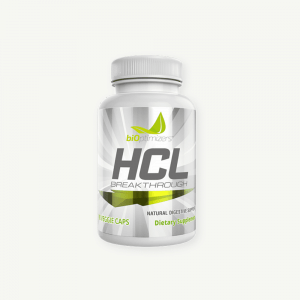 BiOptimizers HCl Breakthrough$29.00
BiOptimizers HCl Breakthrough$29.00 -
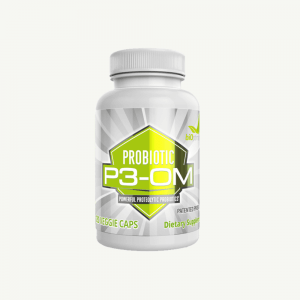 Bioptimizers P3-OM Probiotics$75.00
Bioptimizers P3-OM Probiotics$75.00
Probiotics are live bacteria that, when taken in suitable proportions, impart a health benefit on the persons who take them, according to the World Health Organization (WHO). Probiotics are living bacteria and yeasts that are beneficial to your digestive system and overall health. For instance, did you know that your digestive tract houses 80% of your immune system?
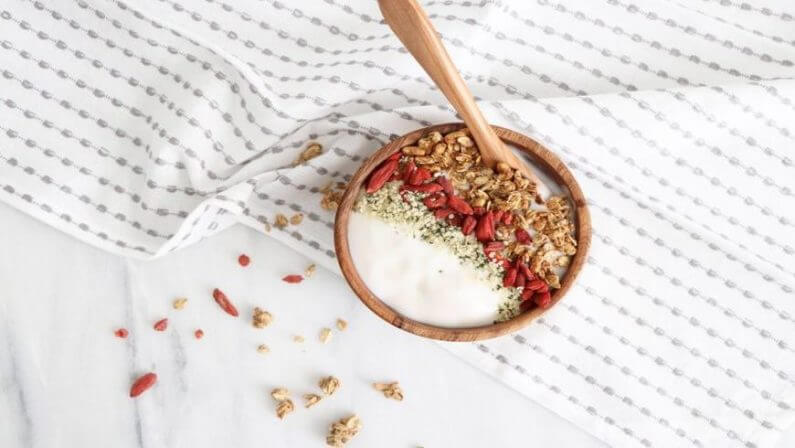
Because of its potency, the gut is often referred to as your “second brain.” Probiotics enable better digestion, nutrient absorption, healing from leaky gut syndrome, a stronger immune system, and regular bowel movement, all of which are important for natural cleansing and detoxification. Yogurt, Tempeh, Fermented Foods, Kombucha, and, of course, Probiotic Supplements are all good sources of probiotics.
Note that, probiotics are living organisms that are sensitive to light and heat.
Water
It’s equally vital to boost your water intake as you increase your water and probiotics intake. Filtered water is best, but herbal teas and water-dense foods like fruits and vegetables can also help you stay hydrated. The amount of water required each day depends on a person’s height, weight, activity level, and surroundings.
That being said, a reasonable rule of thumb is to divide your body weight (in pounds) by two to get an approximation of how many ounces you should be drinking on a regular day.
Fiber
Fiber is essential for gut health! The daily recommended fiber consumption is 25–35 grams, however, most Americans only ingest 15 grams! Soluble and insoluble fibers are the two forms of fiber. Insoluble fiber, such as broccoli, is generally referred to as roughage, whereas soluble fiber, such as oats, is known to absorb water. A healthy balance of both forms of fiber is required.
Constipation can result from a lack of insoluble fiber, while loose bowel movements might result from a lack of soluble fiber. Plant-based foods, such as fruits, vegetables, nuts, seeds, legumes, and whole grains, are naturally high in fiber, so enjoy them in the right quantity.
Prebiotics for a healthier gut and improved digestion
Prebiotics are a form of plant fiber that acts as a food or fuel source for probiotic bacteria. Prebiotics and probiotics, according to a 2012 study published in The Journal of Nutrition, may help treat a range of digestive issues or symptoms associated with them, including Candida, diarrhea, Irritable Bowel Syndrome (IBS), and Inflammatory Bowel Disease.
Because the health of our digestive system is linked to the health of our immune system, probiotics can help enhance immunity! Garlic, onions, asparagus, bananas, jicama, leeks, and artichokes are all plant-based sources of prebiotics.
You can increase your daily prebiotic consumption by adding a banana to your smoothie, eating garlic hummus, or eating greens salad with asparagus and onions.
Conclusion
Although there are so many steps that can be followed to ensure a healthier gut and improved digestion, I believe the five steps given above will help a great deal if we follow them. Whenever in doubt, don’t forget to consult your nutritionist or doctor.
-
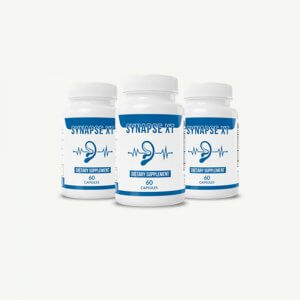 New Synapse XT For Tinnitus$69.00
New Synapse XT For Tinnitus$69.00 -
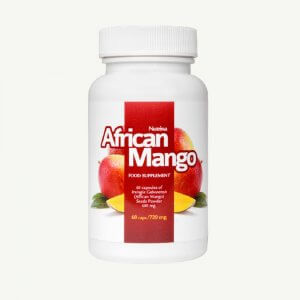 African Mango Weight Loss$45.00
African Mango Weight Loss$45.00 -
 Fast Burn Extreme Weight Loss$59.00
Fast Burn Extreme Weight Loss$59.00 -
 BiOptimizers HCl Breakthrough$29.00
BiOptimizers HCl Breakthrough$29.00 -
 Bioptimizers P3-OM Probiotics$75.00
Bioptimizers P3-OM Probiotics$75.00
Take care!


